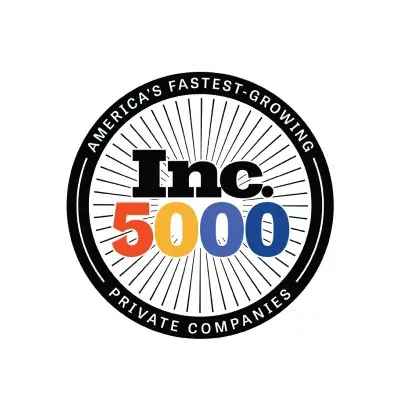Business Startup Guides
Against this background, you might wonder if it’s worth opening up a book shop — the good news is that with some careful planning and research, you could create a successful store that spreads information, entertainment and delight.
Of course it might not be easy, but entrepreneurs with the right approach can turn a passion for literature and manuscripts into a center of knowledge that your customers will love.
We know it can be daunting to start a bookstore business, and we’re here to help.
We’ve supported over 1,000,000 people to form their business and provided answers, guidance and support to transform them into entrepreneurs. We’ll guide you through what you need to know to start your bookstore business and get it off the ground.

